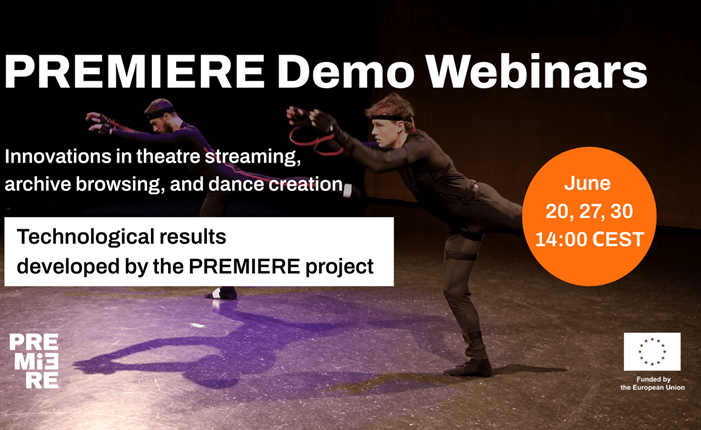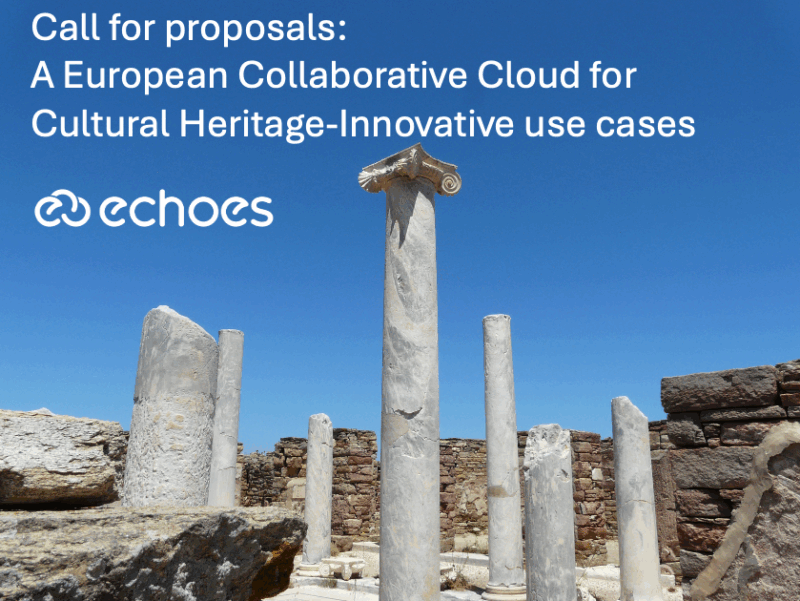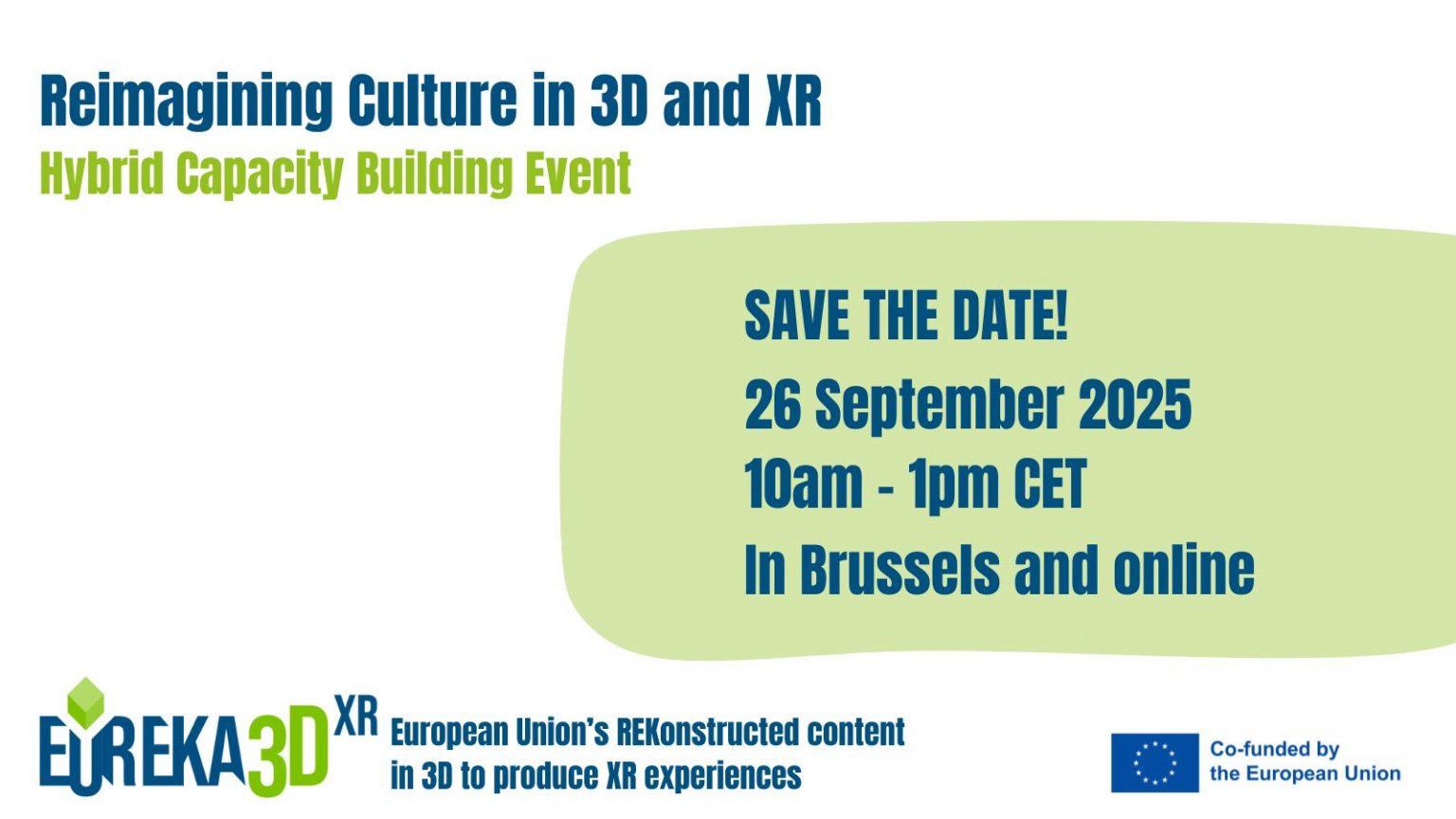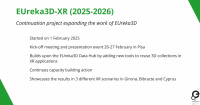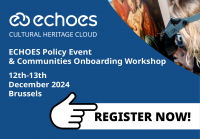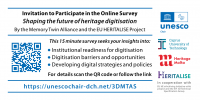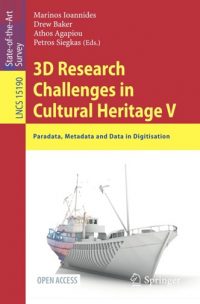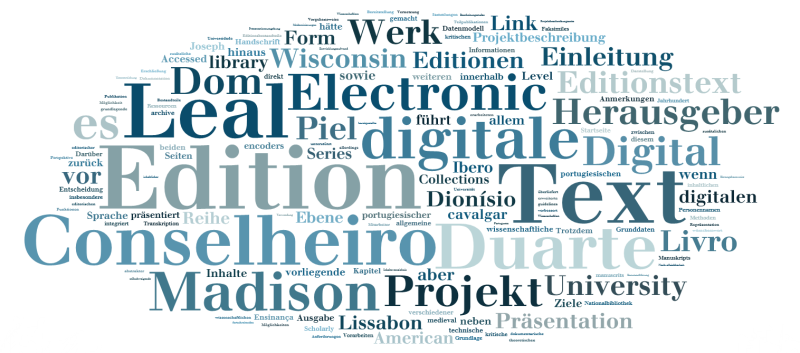 In the past decades, many digital scholarly edition projects have been published and are available, often for free, online. Most of these editions are arguably the best editions of their documents or texts available, and many of them offer features enhancing research in the respective fields to a considerable degree.
In the past decades, many digital scholarly edition projects have been published and are available, often for free, online. Most of these editions are arguably the best editions of their documents or texts available, and many of them offer features enhancing research in the respective fields to a considerable degree.
Despite these facts, digital editions are often neglected by the established review institutions. This neglect has a number of consequences: digital editions are somewhat outside the established peer-control process; digital editors in spe cannot rely on criticisms that projects similar to their own have received; the methodology of digital editions not only needs to incorporate traditional issues of textual criticism but also has to be thoughtful of the closely related technical and methodologic issues.
 In order to address these issues, the Institute for Documentology and Scholarly Editing (IDE) launched of a new review journal, RIDE, dedicated to digital editions and resources. Partner within the DiXiT network, IDE aims to make digital editions and resources more visible and to provide a forum in which expert peers can evaluate and discuss the efforts of digital editors in order to improve current practices and advance future developments. It will do so by asking its reviewers to pay attention not only to the traditional virtues and vices of any edition, but also to the evolving methodology and its technical implications.
In order to address these issues, the Institute for Documentology and Scholarly Editing (IDE) launched of a new review journal, RIDE, dedicated to digital editions and resources. Partner within the DiXiT network, IDE aims to make digital editions and resources more visible and to provide a forum in which expert peers can evaluate and discuss the efforts of digital editors in order to improve current practices and advance future developments. It will do so by asking its reviewers to pay attention not only to the traditional virtues and vices of any edition, but also to the evolving methodology and its technical implications.
RIDE has been created by a team of young scholars united under the roof of the Institute of Documentology and Scholarly Editing (hence its acronym RIDE: Review Journal of the IDE). The IDE has been an active part of the digital editing community for several years: it has guided and advised editors, organised a number of acclaimed summers schools on digital editing and contributed to the ongoing methodological debate by a series of publications.
You can access all reviews at: http://ride.i-d-e.de
You can find out more about the ideas behind RIDE, methods and intentions, in the Editorial at: http://ride.i-d-e.de/about/editorial/
RIDE is also looking for contributions. Please see: http://ride.i-d-e.de/reviewers/


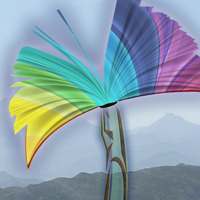
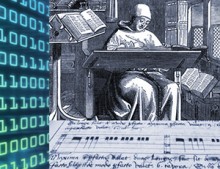
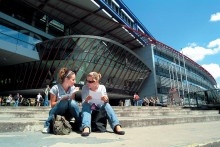

 If you have interesting news and events to point out in the field of digital cultural heritage, we are waiting for your contribution.
If you have interesting news and events to point out in the field of digital cultural heritage, we are waiting for your contribution.
